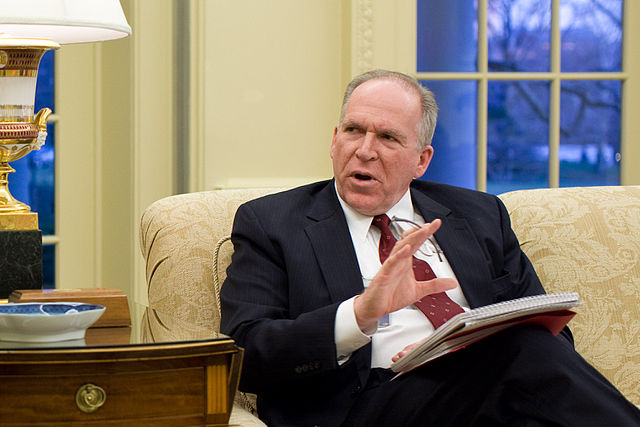 The big question on many people’s minds at the moment is if the massacre in Aurora on Friday will spark stricter gun laws. Most people believe that it won’t. While Denver Mayor Michael Hancock, President Barack Obama and Republican hopeful Mitt Romney all came out to express their shock and grief – none of them mentioned gun control in their speeches.
The big question on many people’s minds at the moment is if the massacre in Aurora on Friday will spark stricter gun laws. Most people believe that it won’t. While Denver Mayor Michael Hancock, President Barack Obama and Republican hopeful Mitt Romney all came out to express their shock and grief – none of them mentioned gun control in their speeches.
Reuters reported that this is the case because “gun control advocates have largely lost the argument against the much more powerful gun lobby, and politicians know the issue is toxic with voters.”
The only strong voice arguing for more gun control on Friday was New York Mayor Michael Bloomberg, one of the backers of Mayors Against Illegal Guns. While speaking on WOR Radio on Friday, Bloomberg said,
“Soothing words are nice, but maybe it’s time that the two people who want to be president of the United States stand up and tell us what they are going to do about it,” he said. I don’t think there’s any other developed country in the world that has remotely the problem we have. We have more guns than people in this country.”
Surprisingly, however, the American public doesn’t appear to agree that we should have stricter gun laws. Gallup polls spanning the last two decades have shown that Americans who favor stricter gun control laws have fallen from 78% in 1990 to 44% in 2010. In 2010 alone, for instance, the Brady Center to Prevent Gun Violence (the oldest and largest of the American gun-control groups) had revenue of only $5.9 million while the National Rifle Association (NRA) had revenue of $253 million.
Larry Pratt, executive director of Gun Owners of America and a member of National Rifle Association, explained how he sees the Aurora massacre as a reason to have looser gun-control laws. “The idea that you tell people they’ve got to go into a public place without a firearm is setting them up for this kind of disaster. Most of our mass murders have occurred precisely where the criminal knew that he would find unarmed victims, and by and large he has been right.”
Presidential hopefuls realize that they are putting forth a losing argument if they try to push for stricter gun control laws – particularly when campaigning in Republican states. As Evan Bayh, a former Democratic senator from Indiana explained,
“You have a lot of people who feel passionately about that issue. … So, many members of Congress are faced with the decision: Do they sacrifice all the other good they hope to accomplish for this one issue? And do they sacrifice their own careers for this one issue?”
Many believe that, while the massacre will probably spark some short-term debate about gun control, it won’t create any long term changes. This is what we’ve seen already with the Virginia Tech shootings in 2007 and the Arizona shooting that included U.S. Representative Gabrielle Giffords in 2011.
Time will tell how, and if, the massacre will change the gun debate as we approach the 2012 elections.



